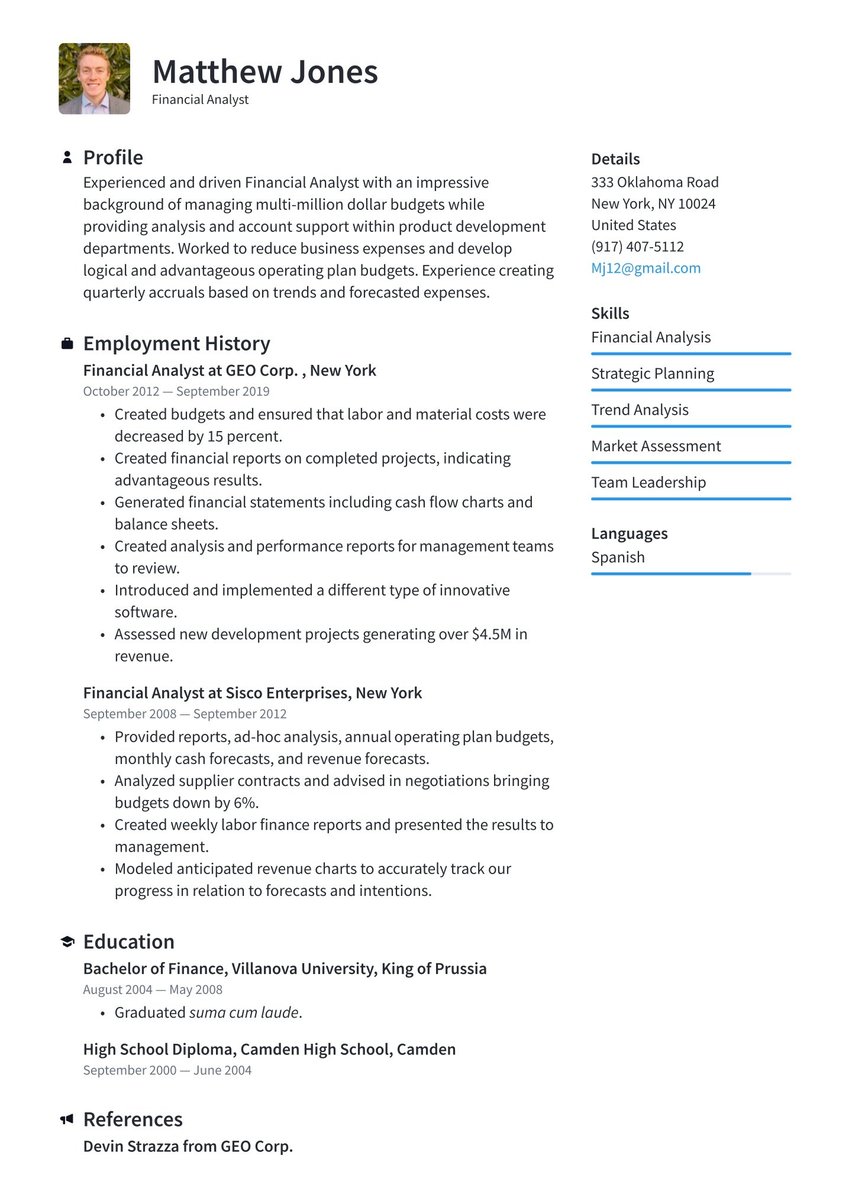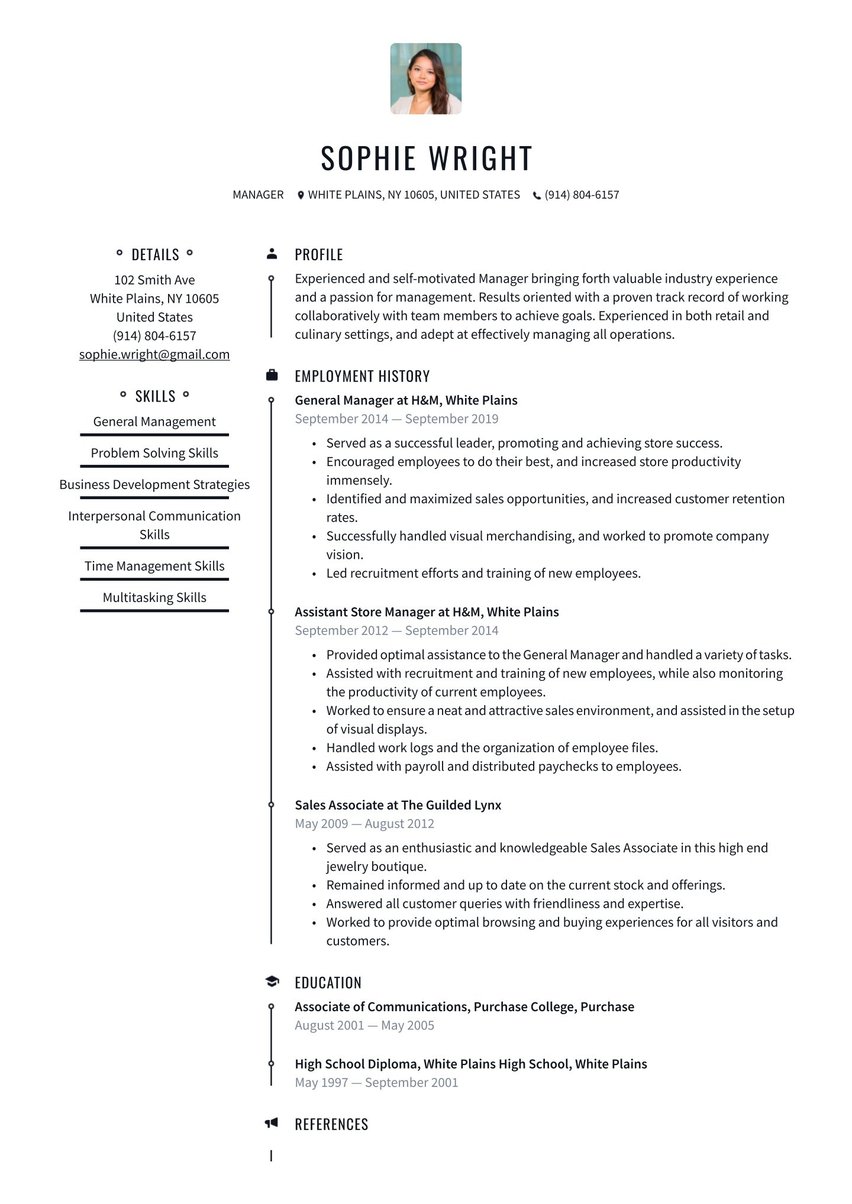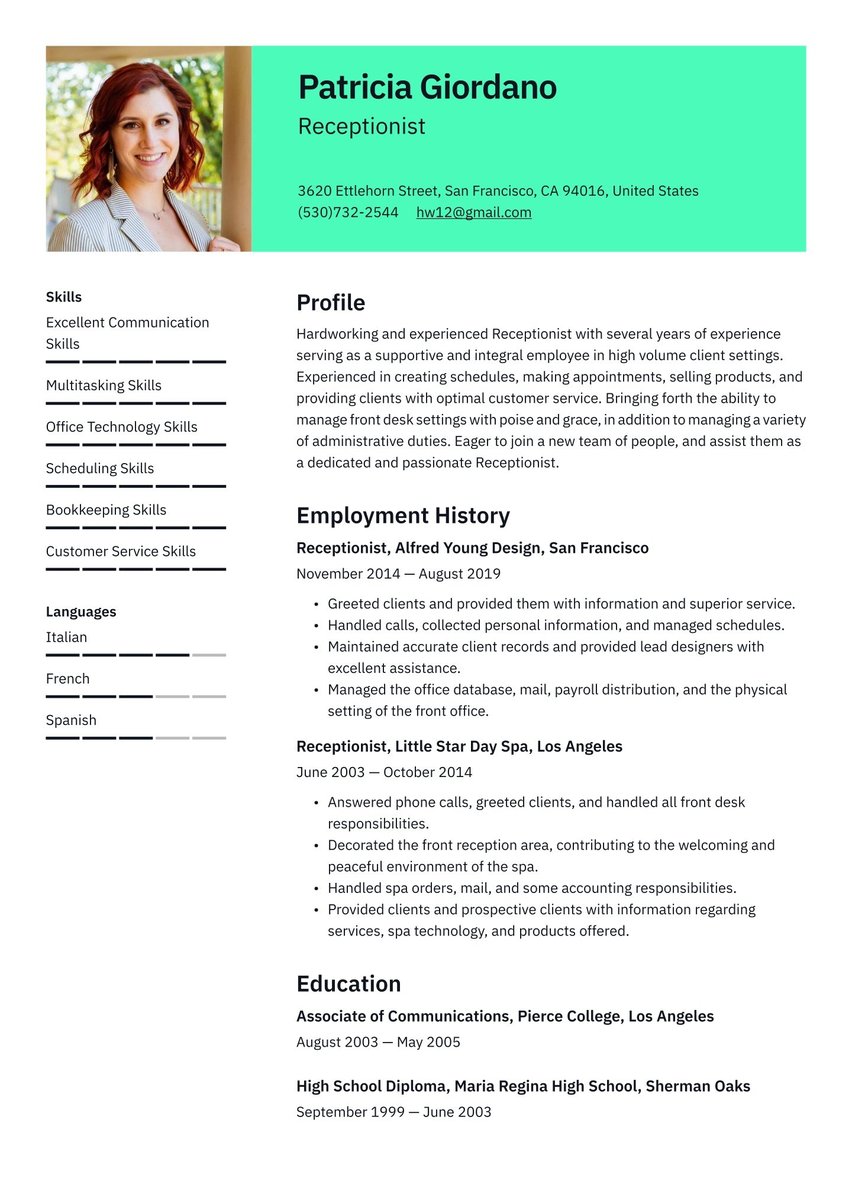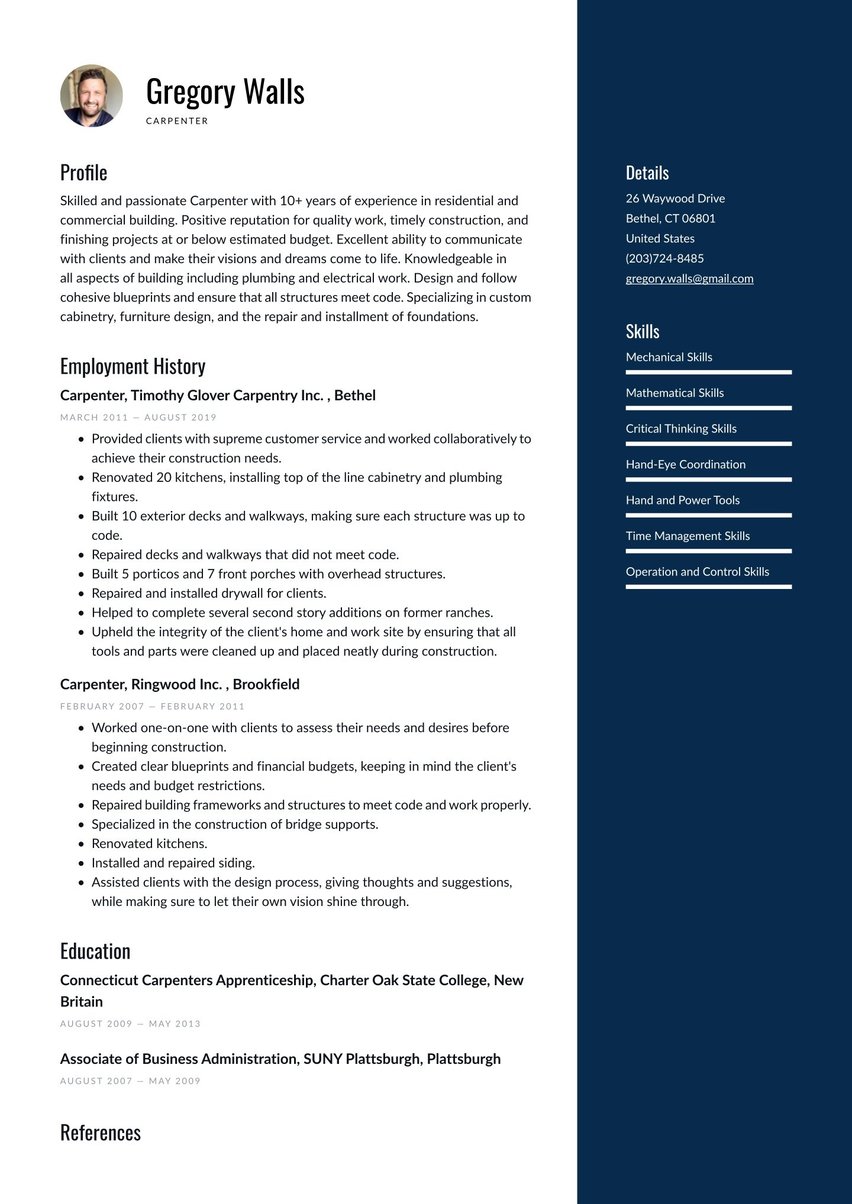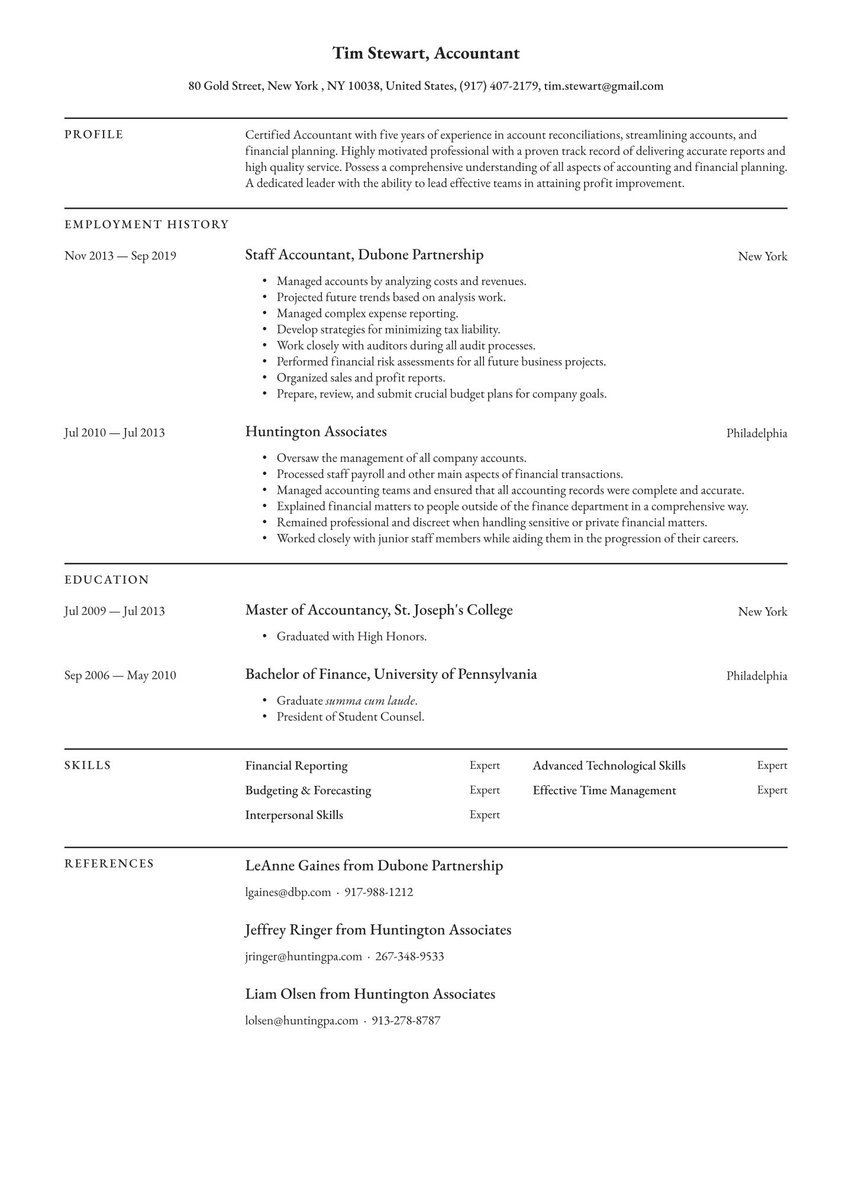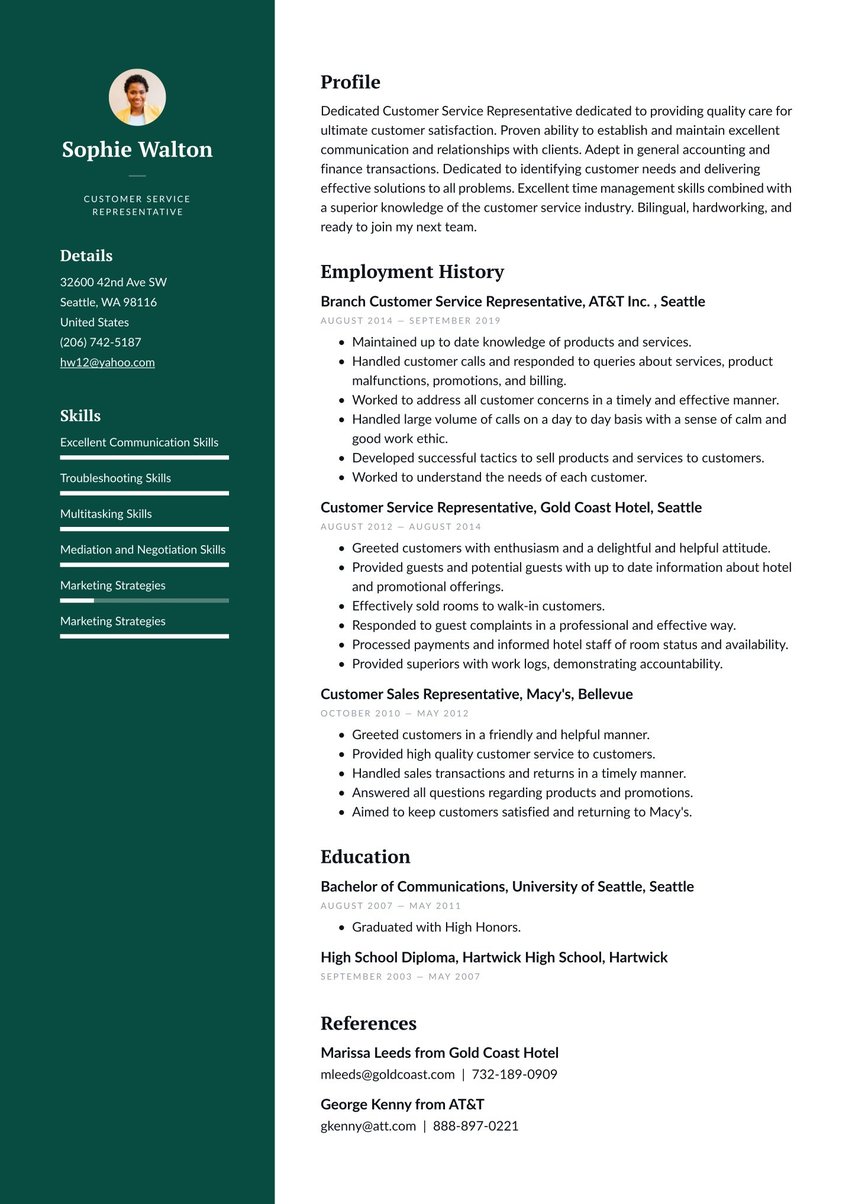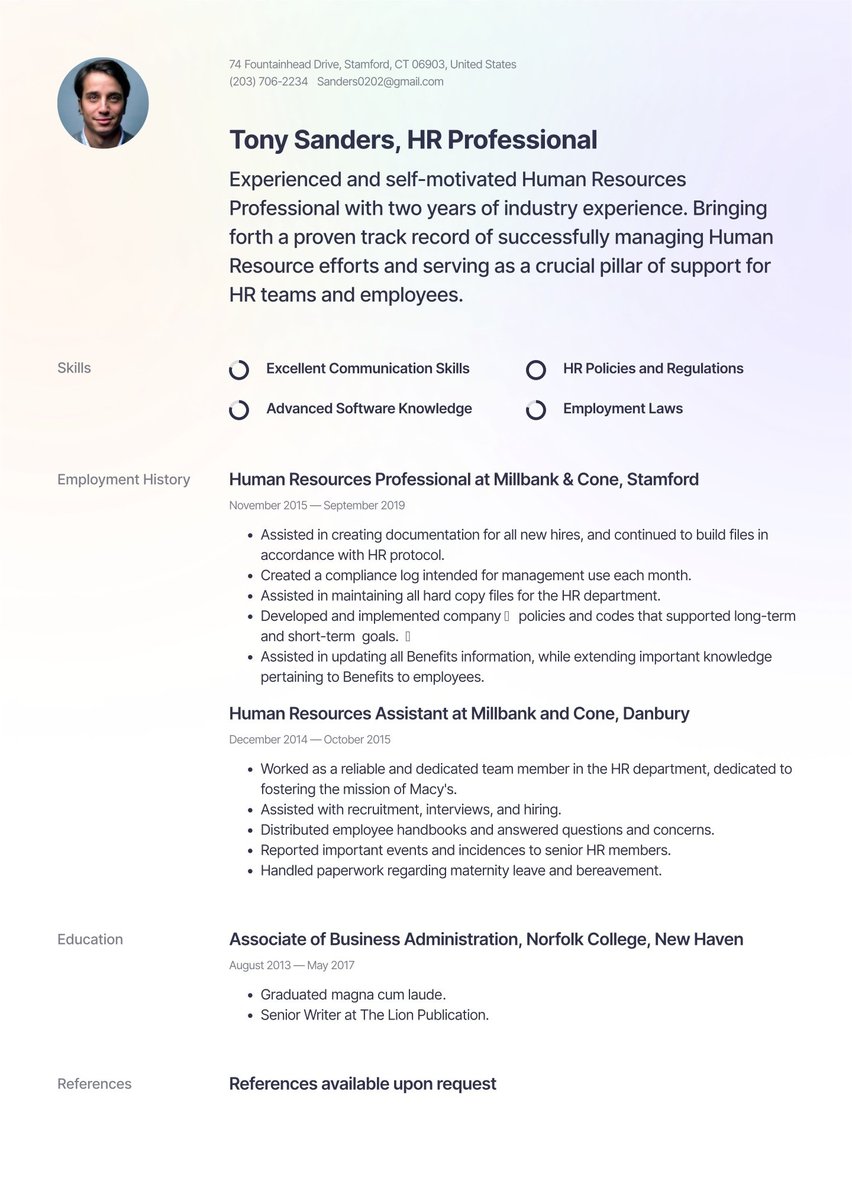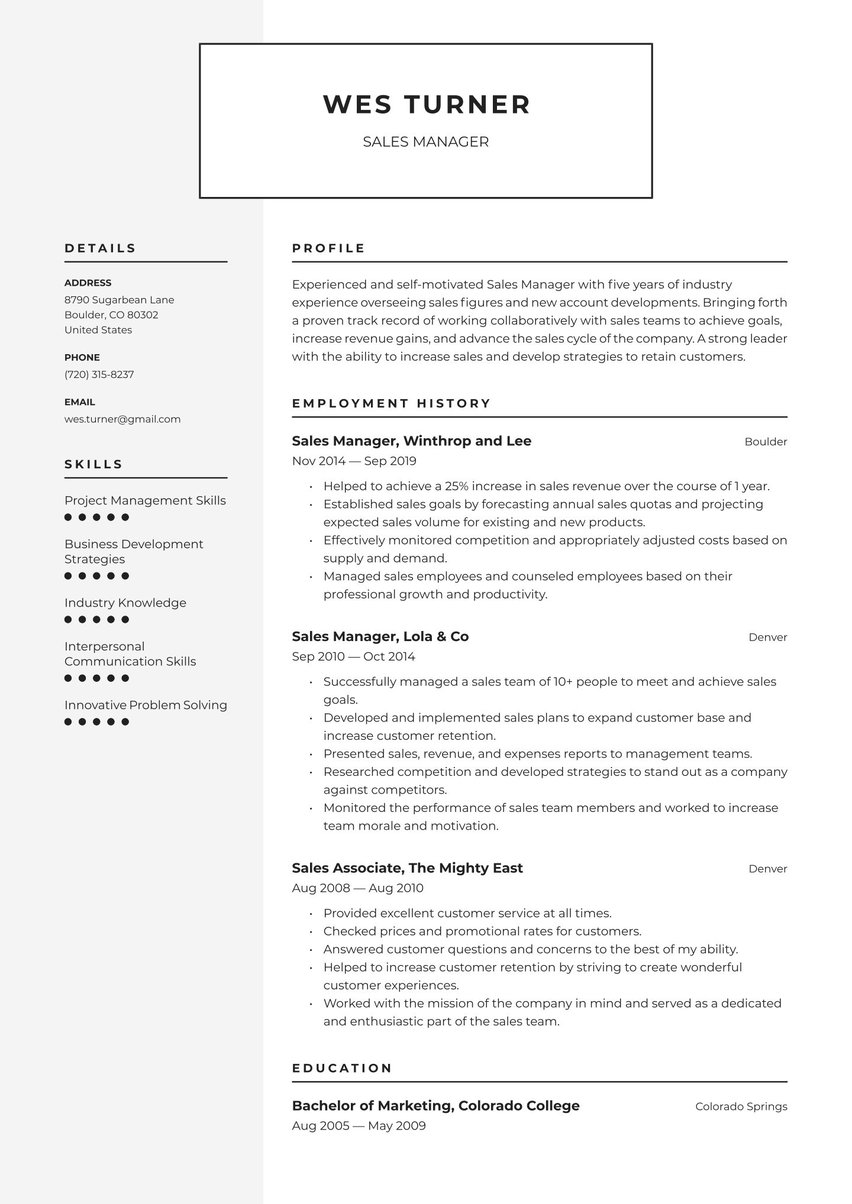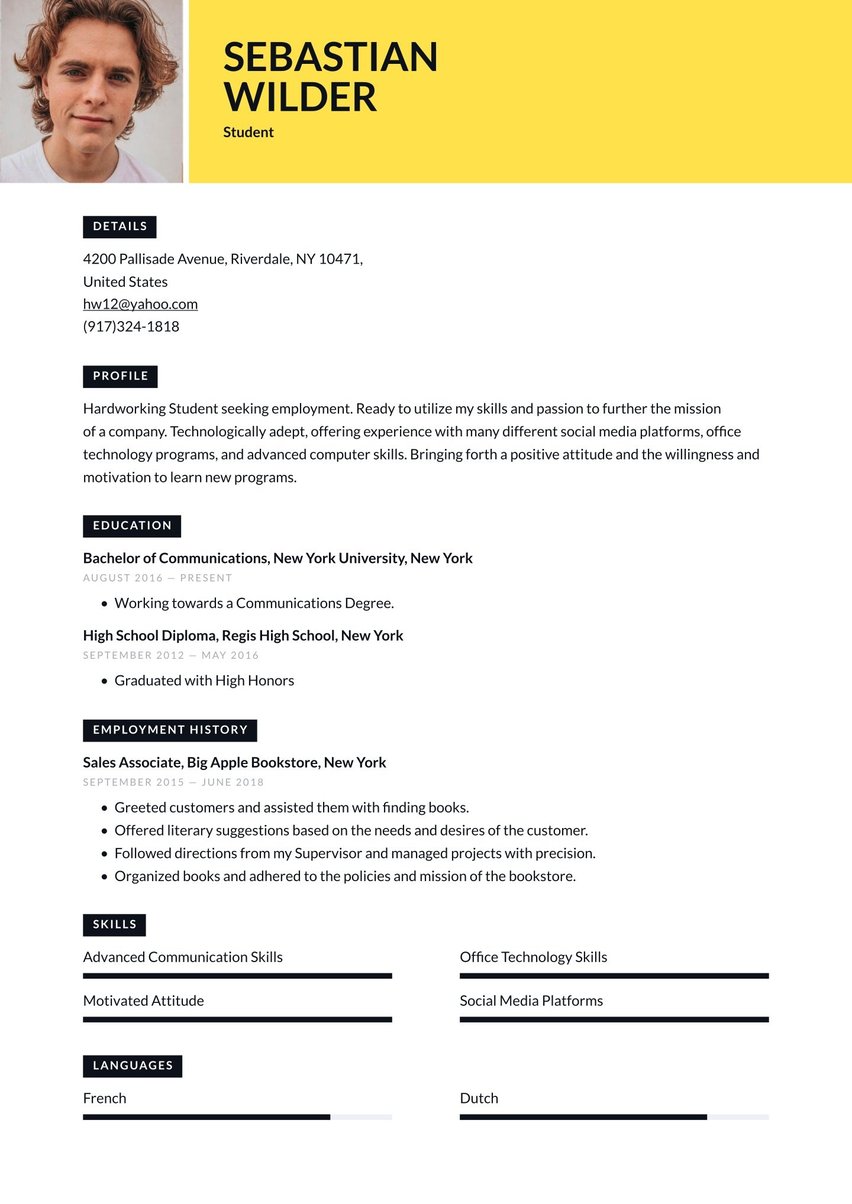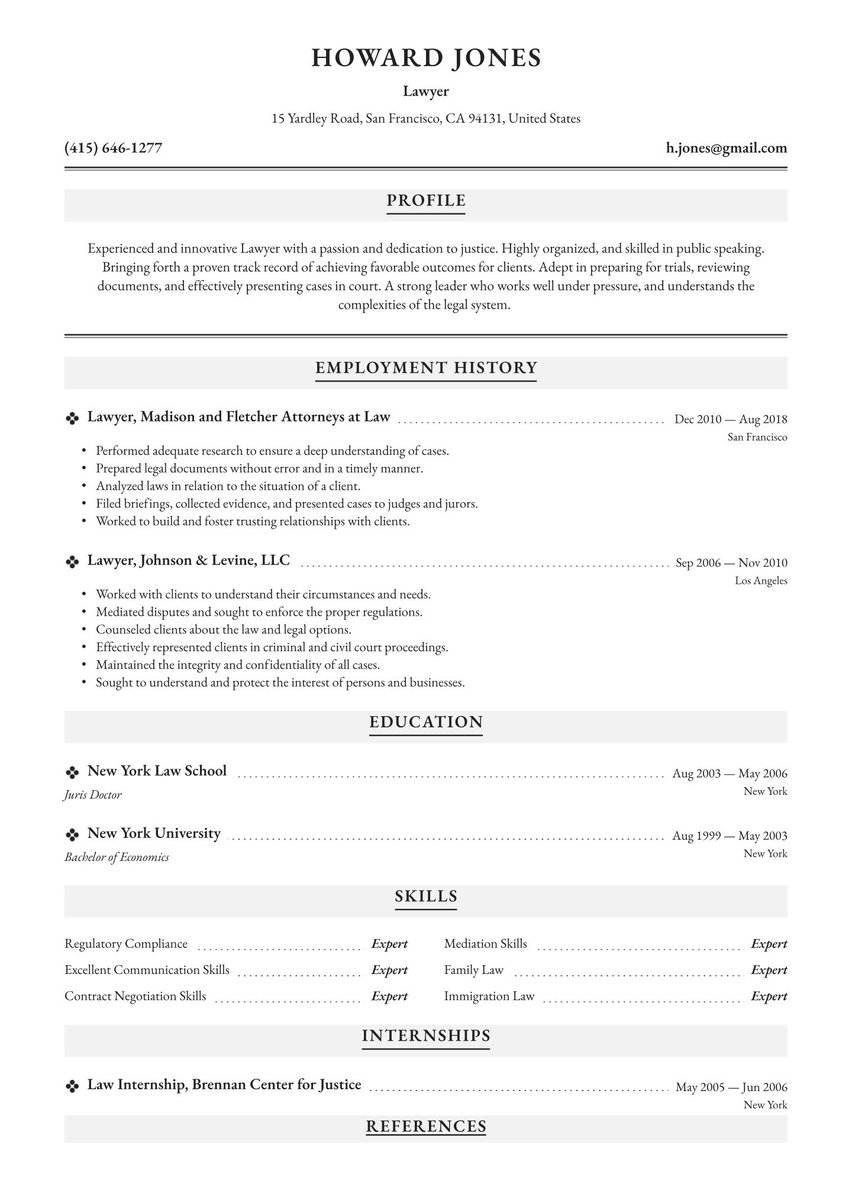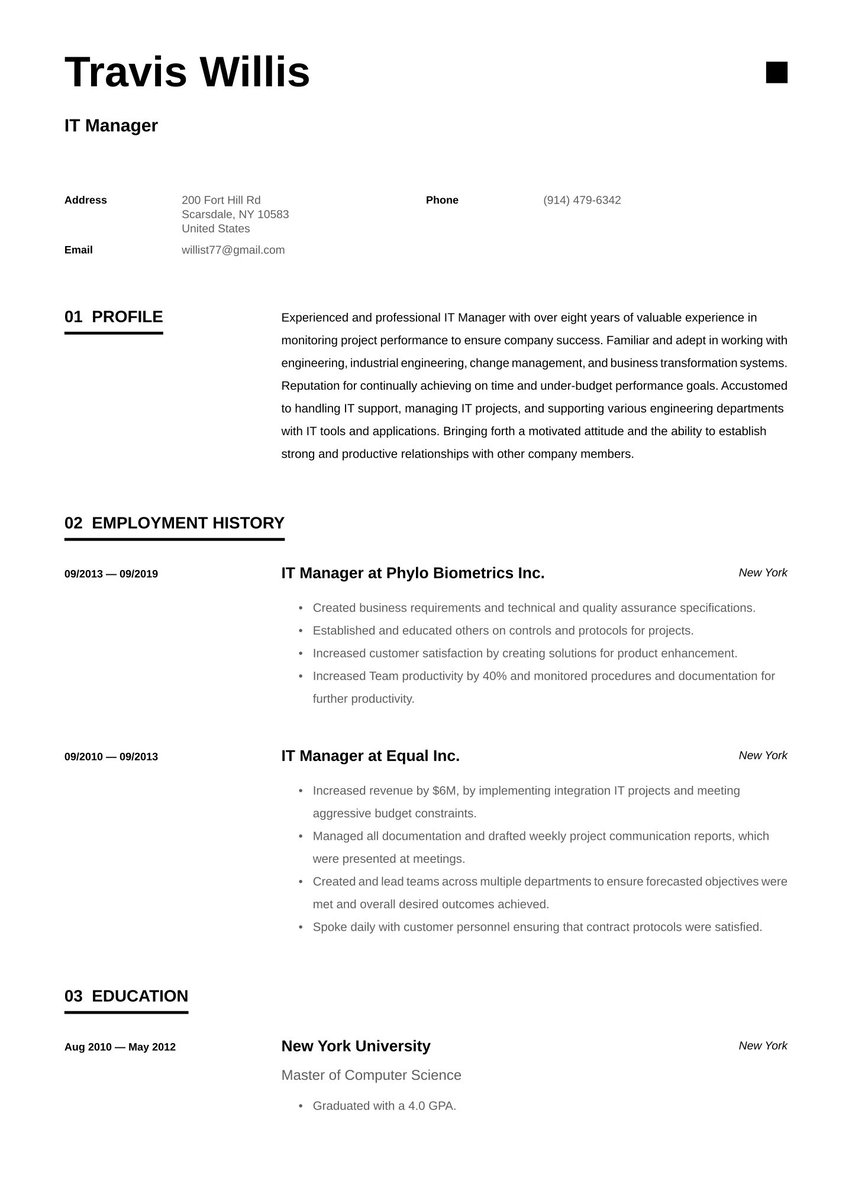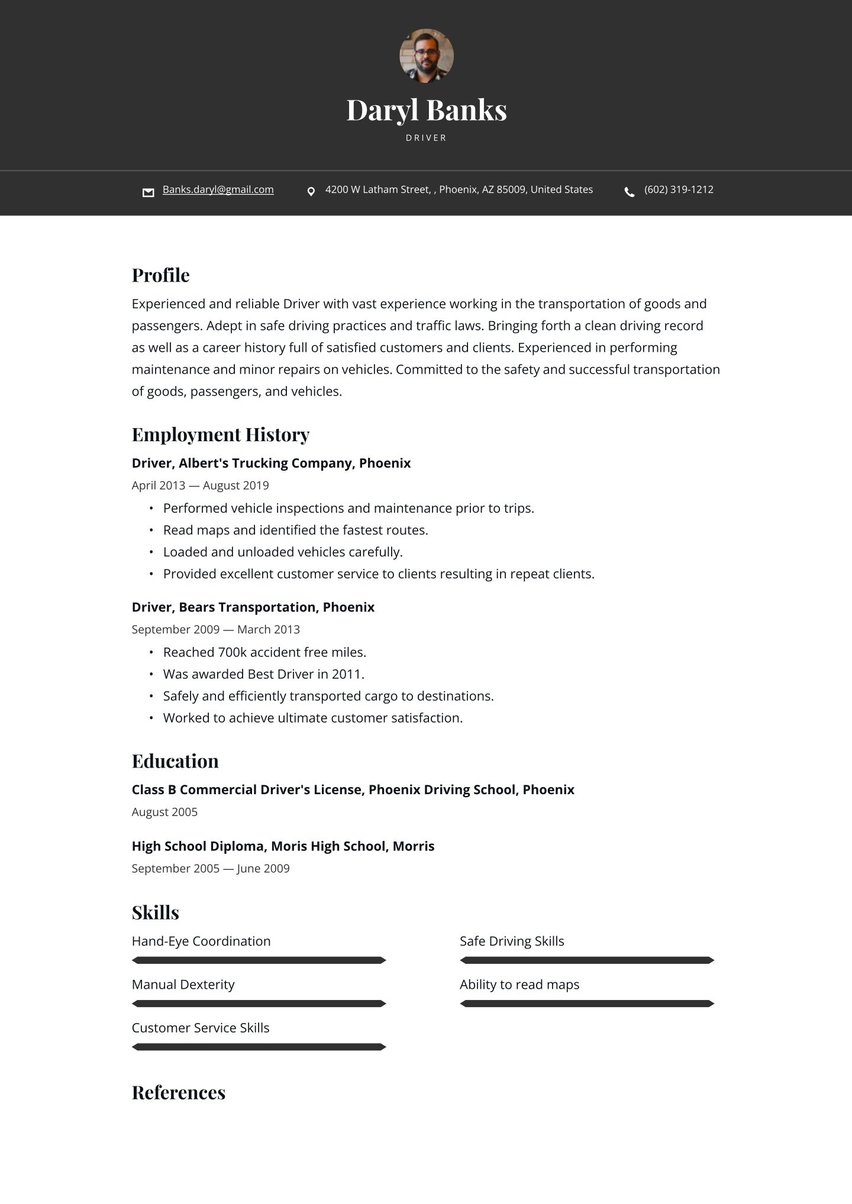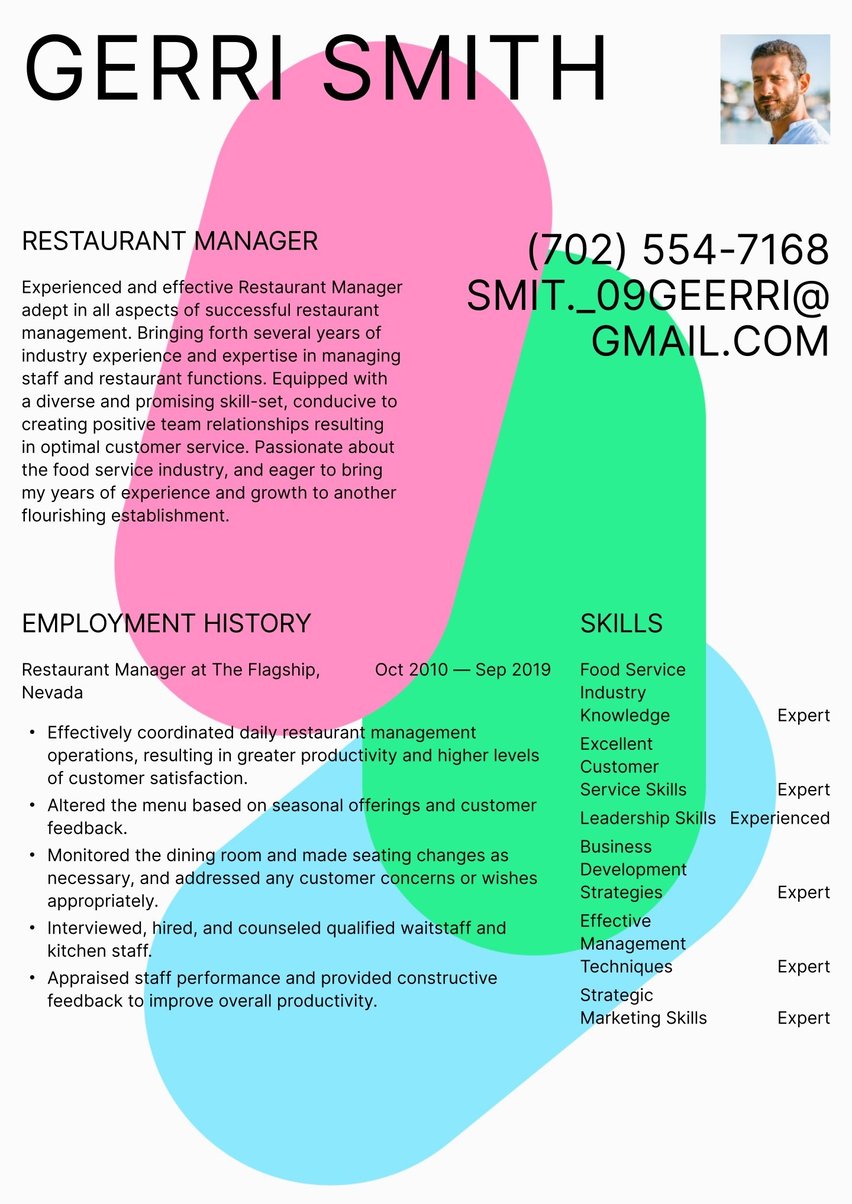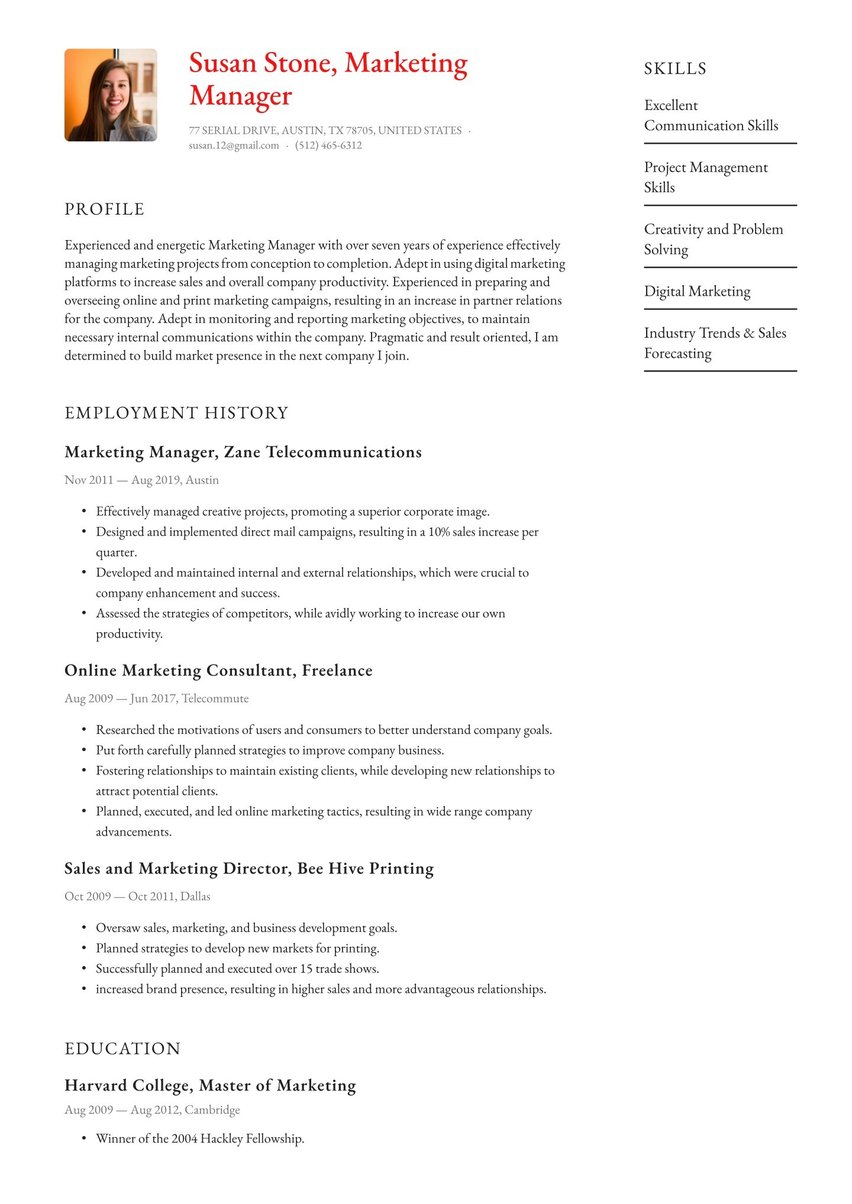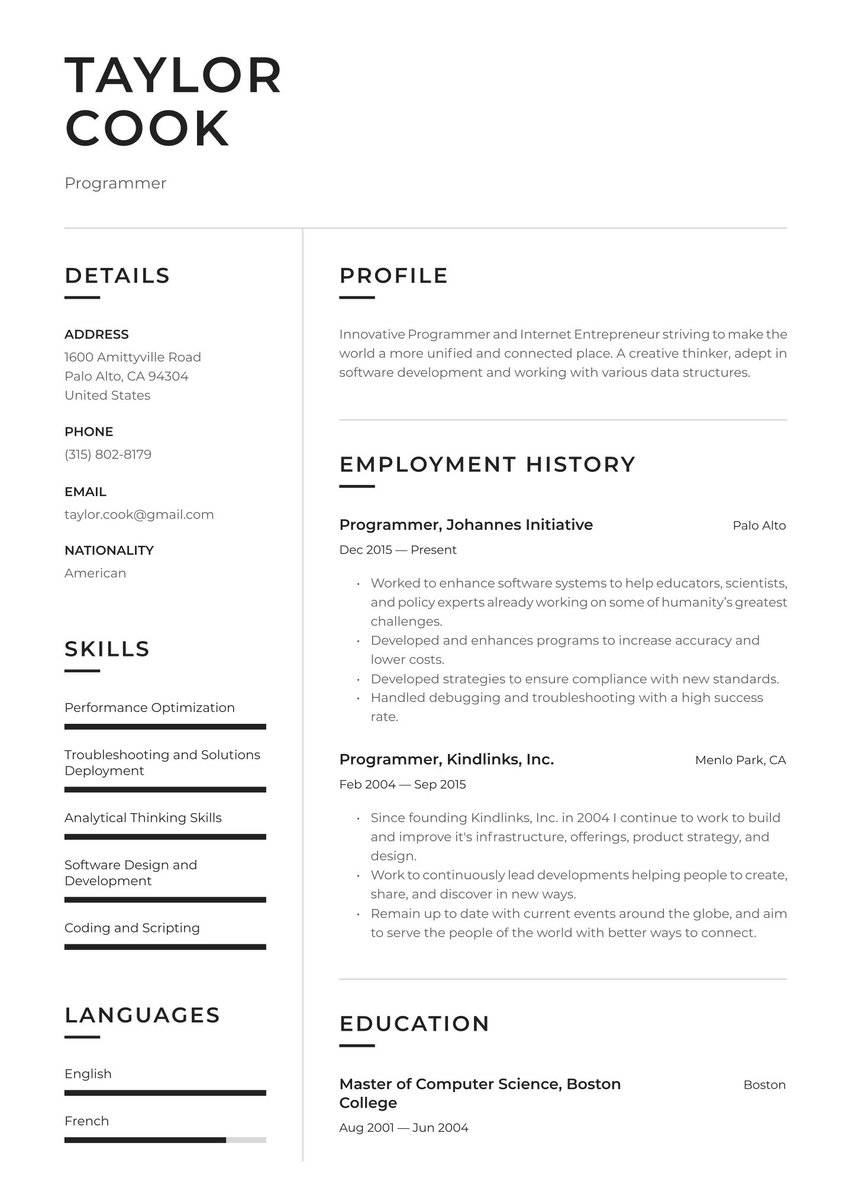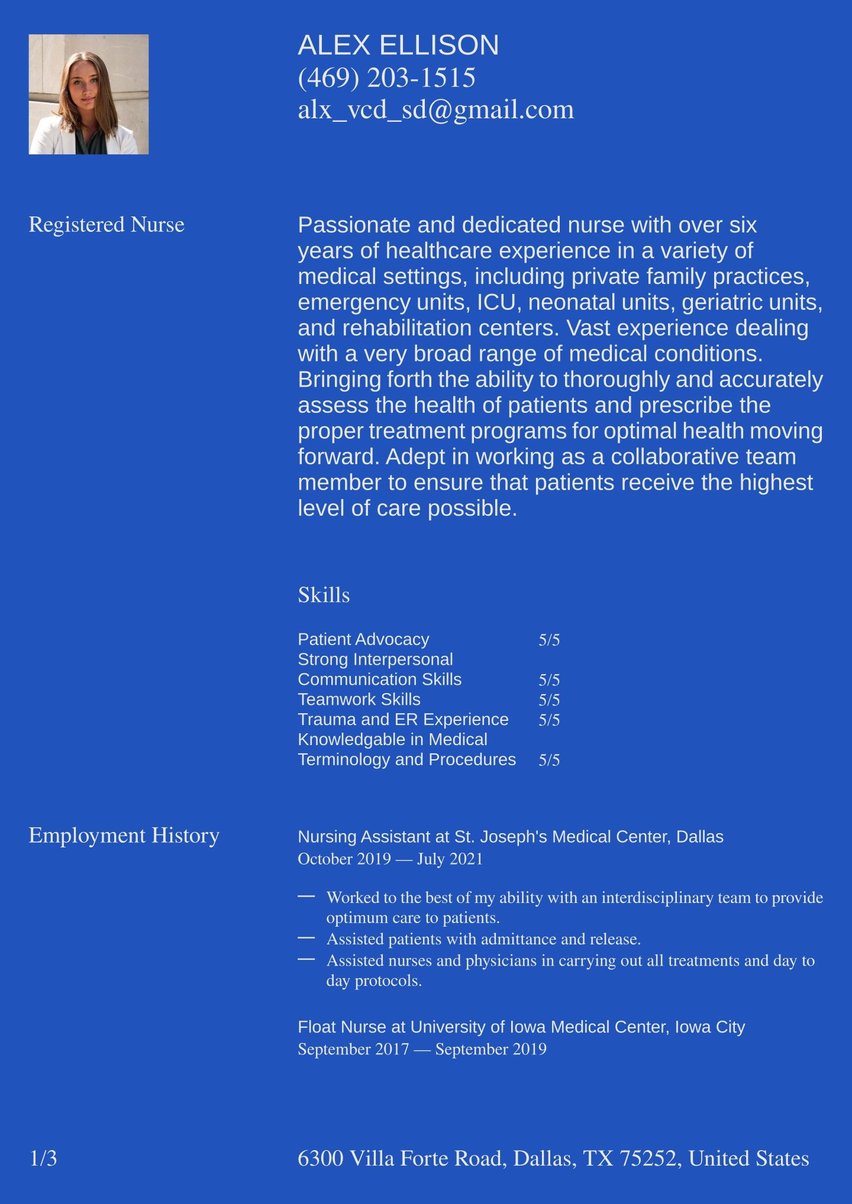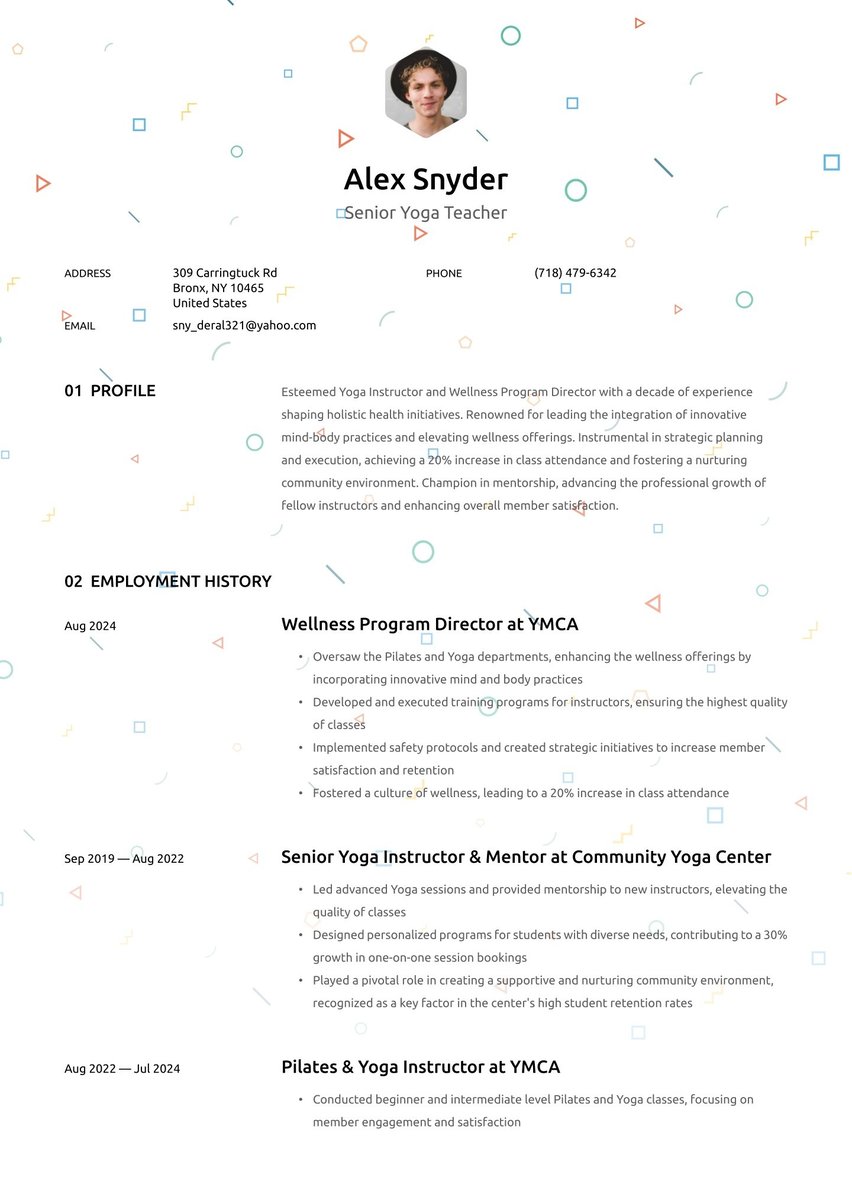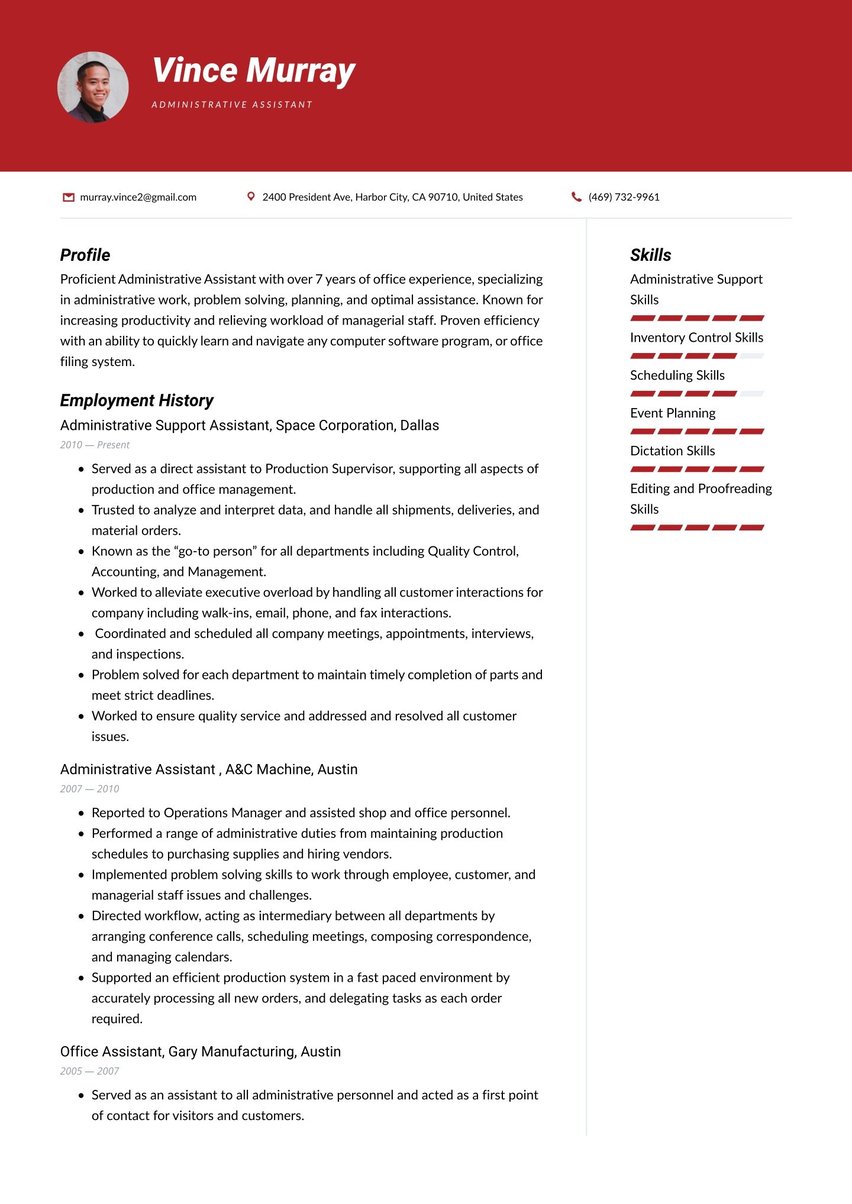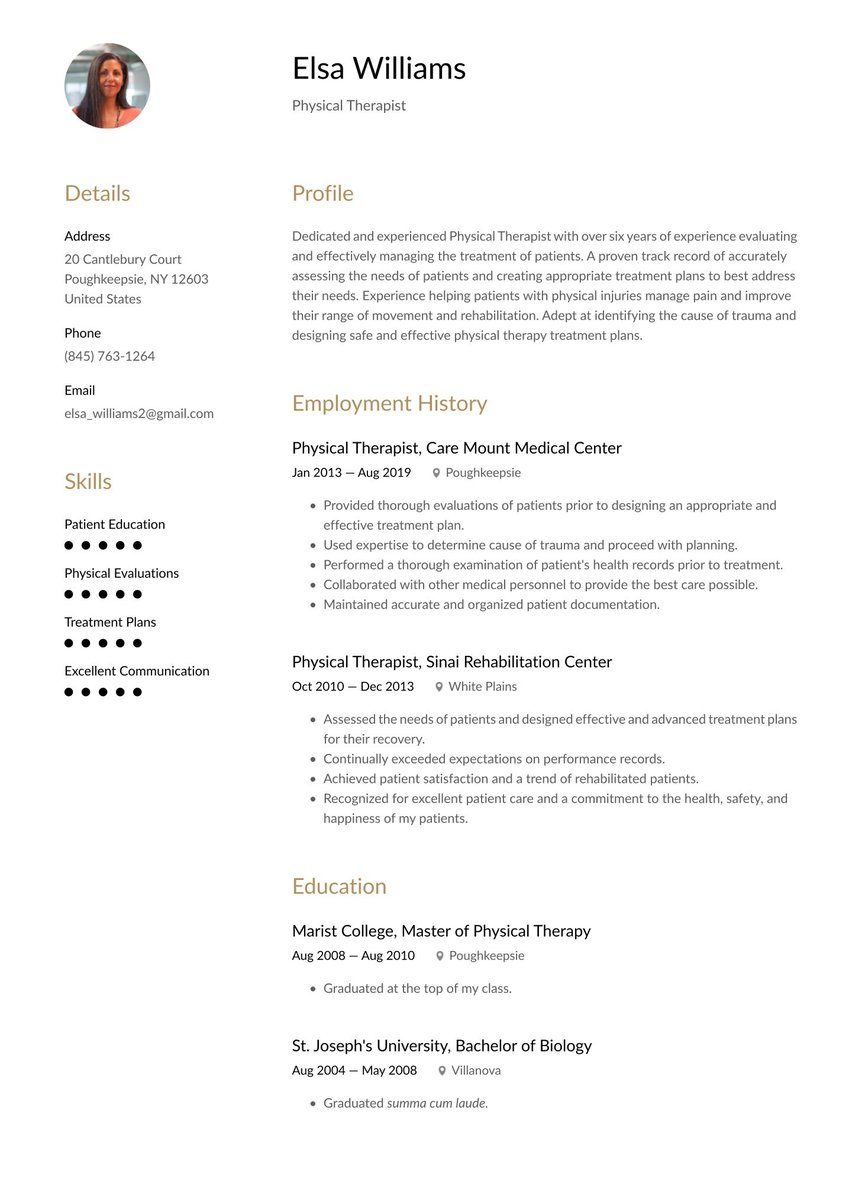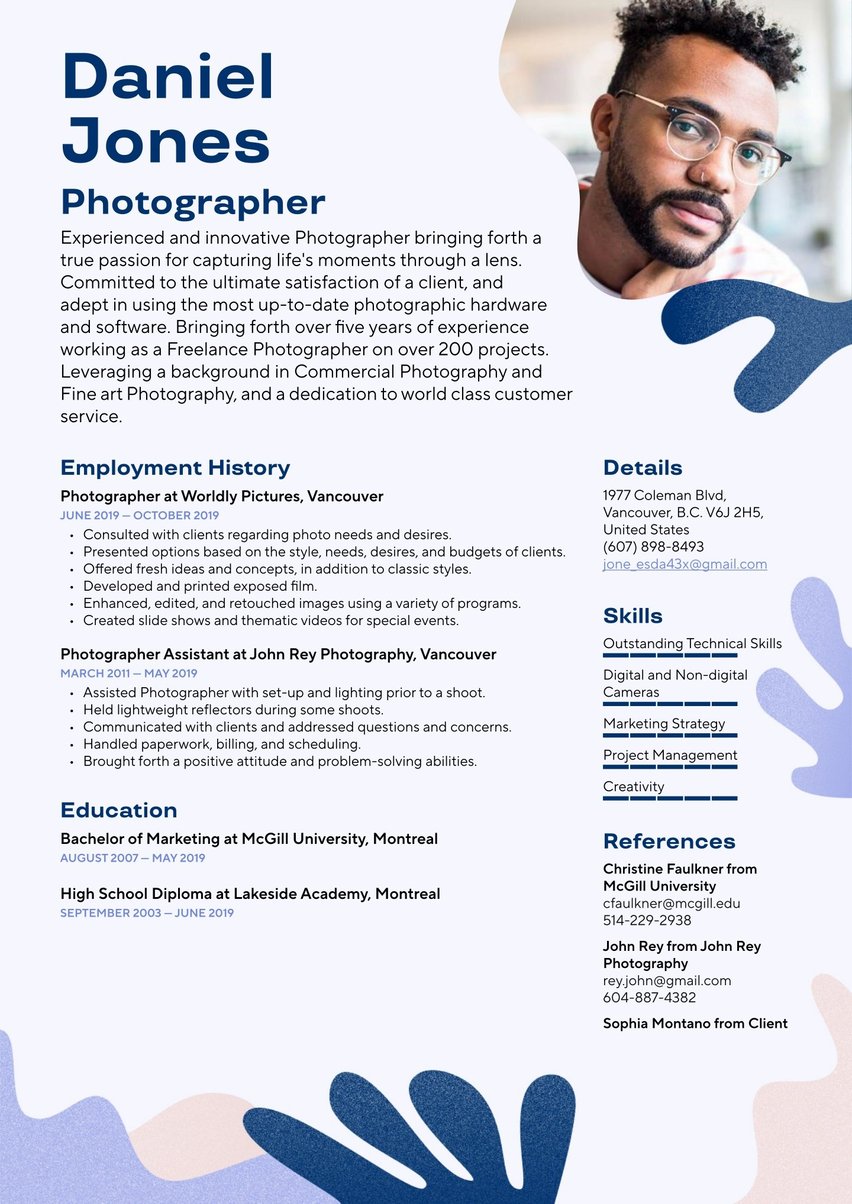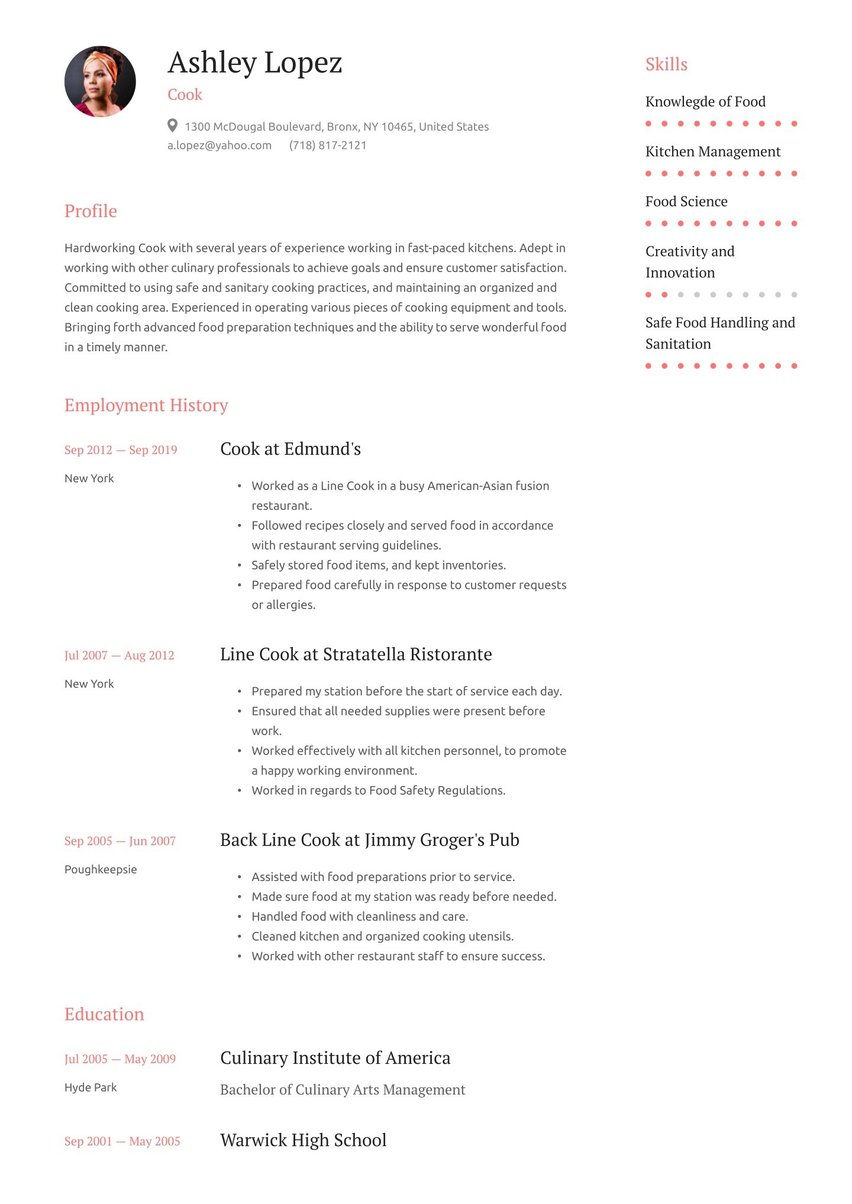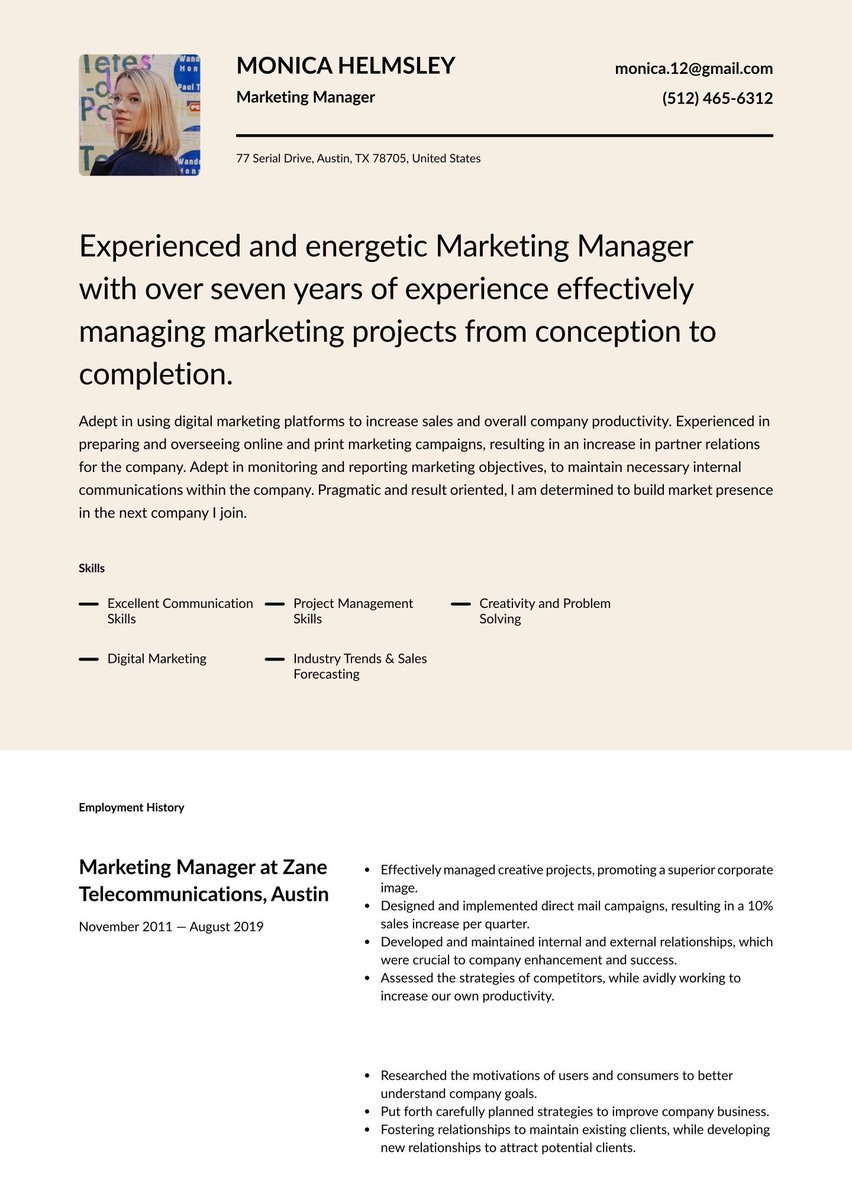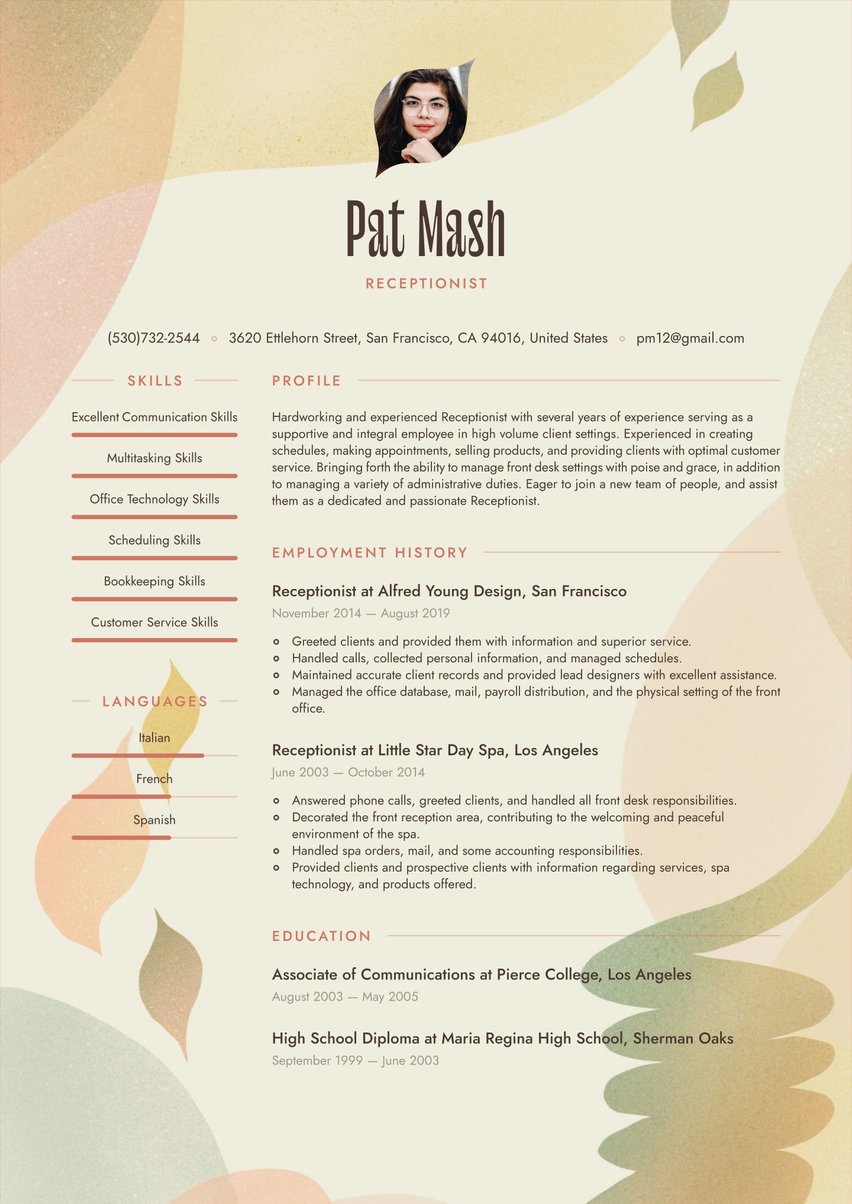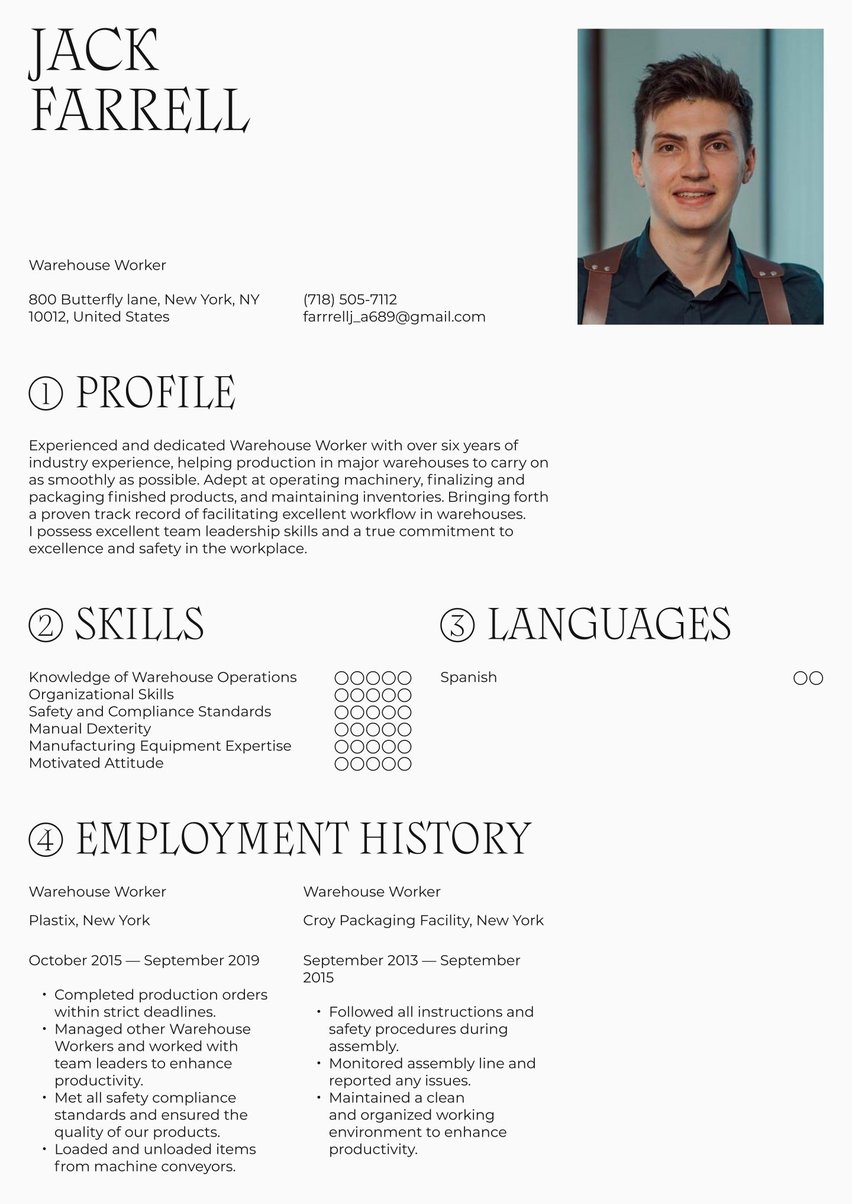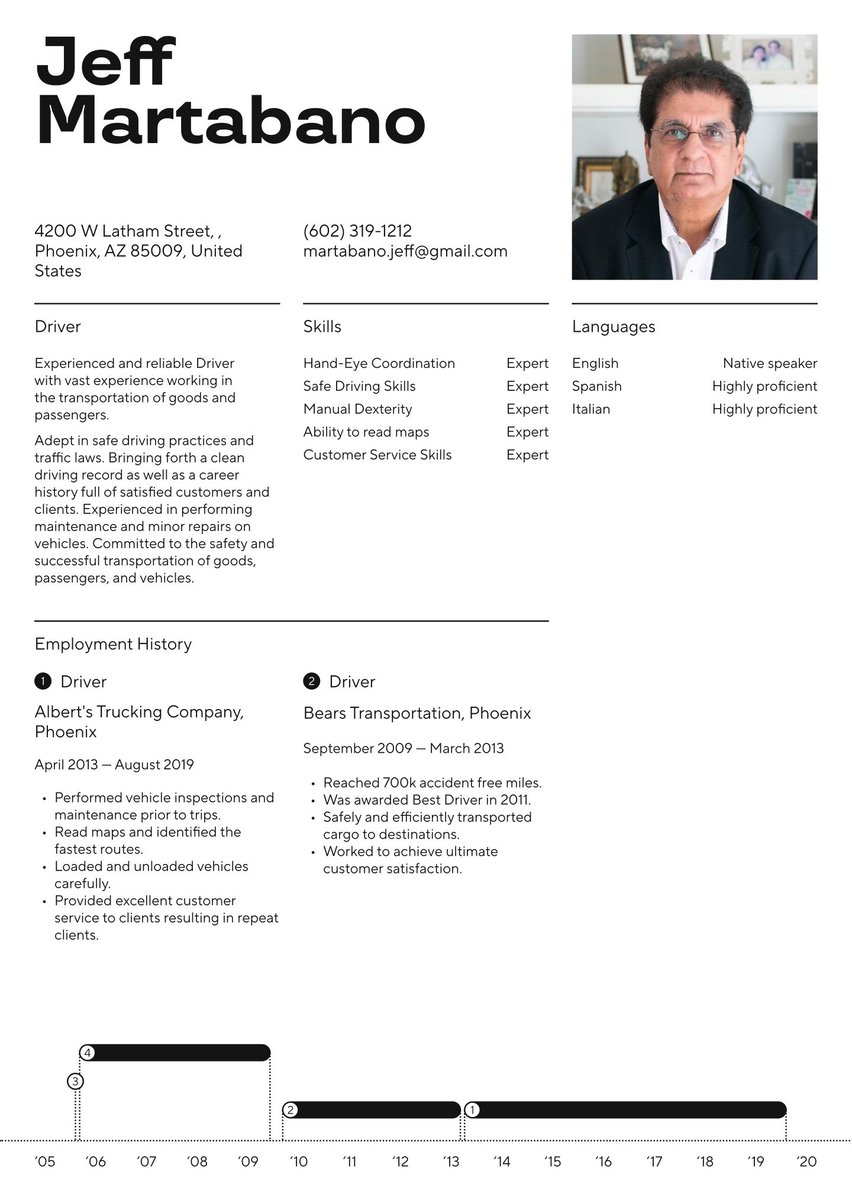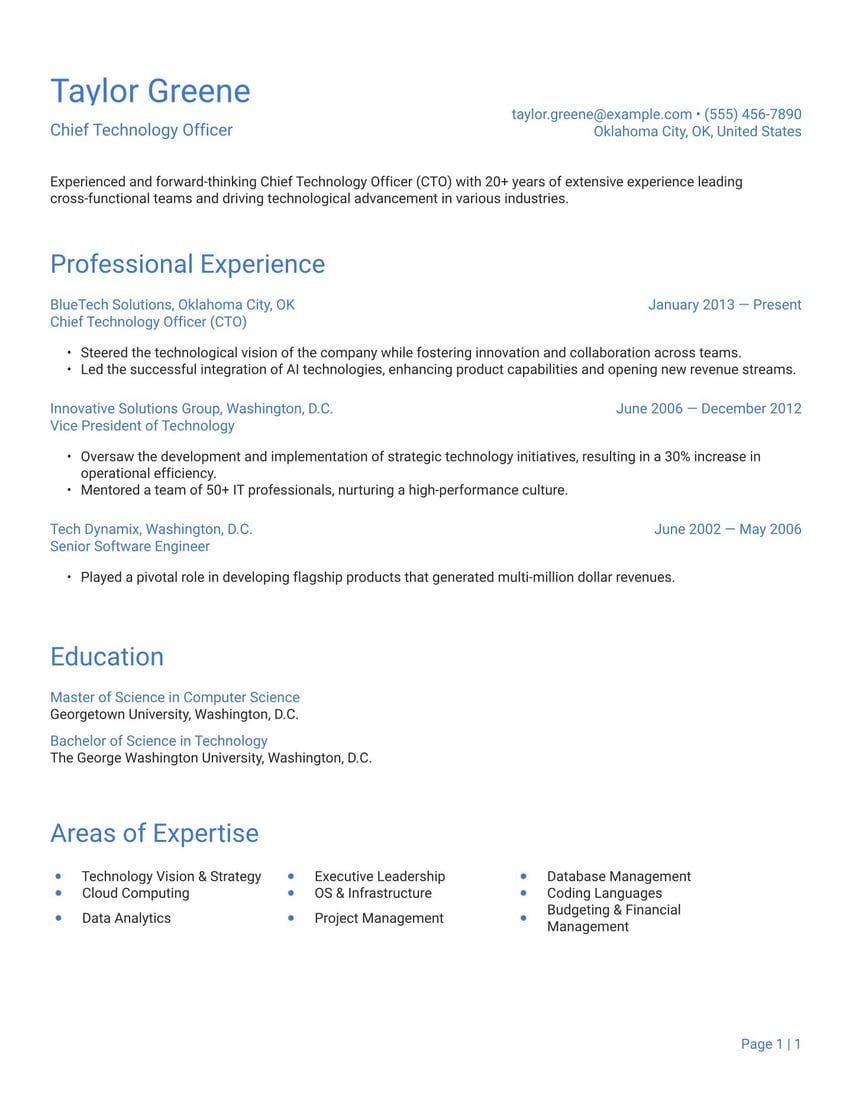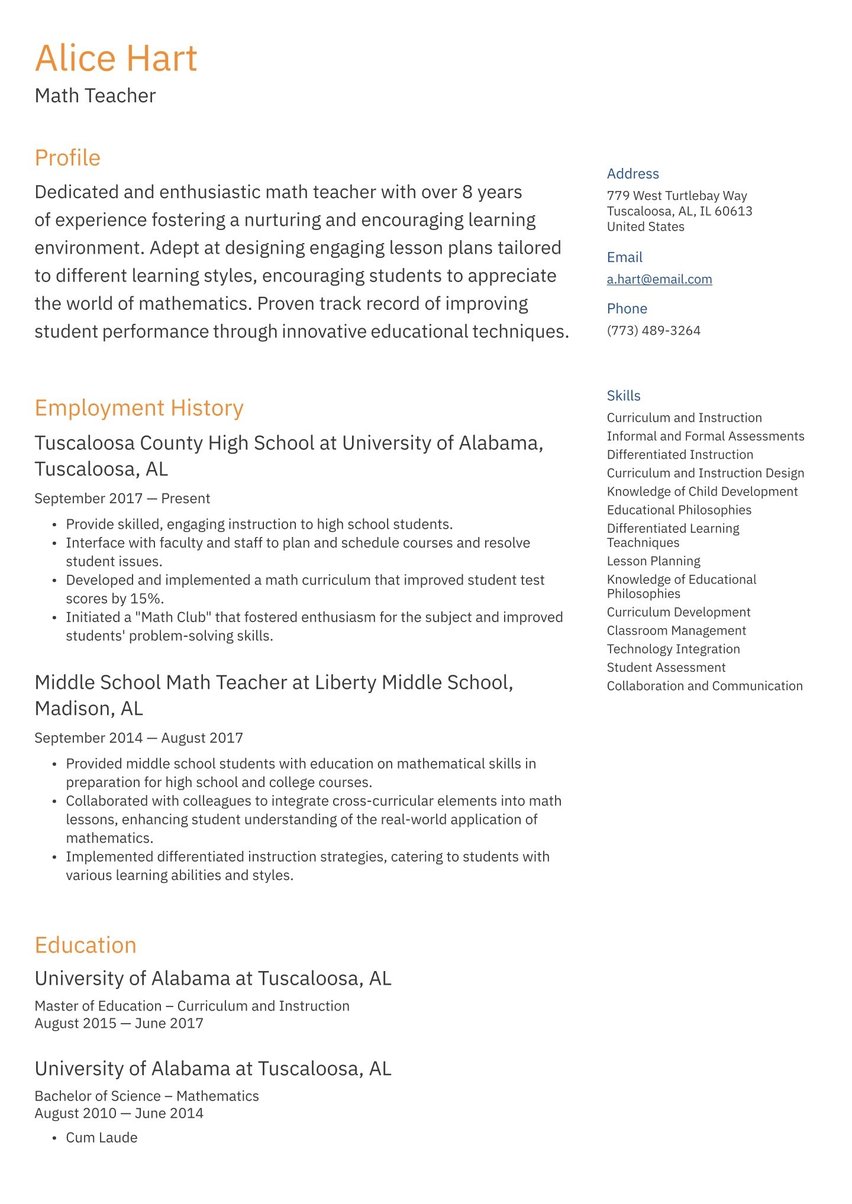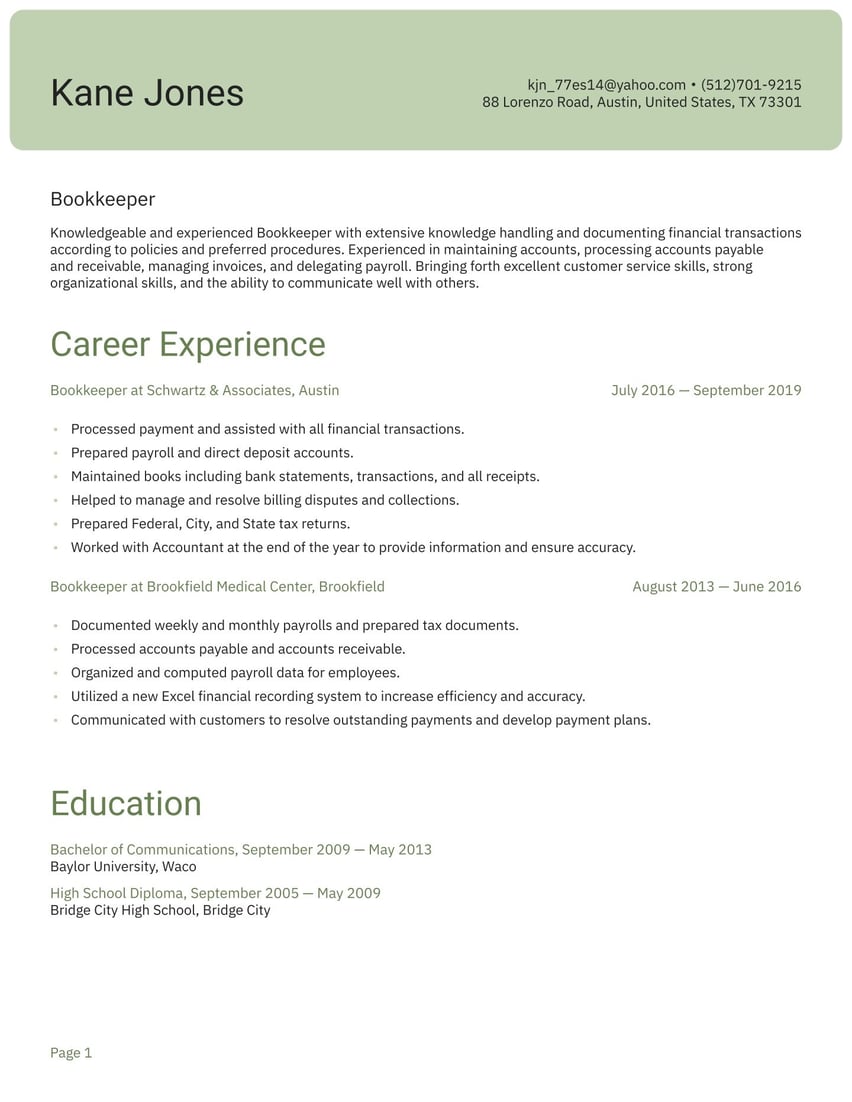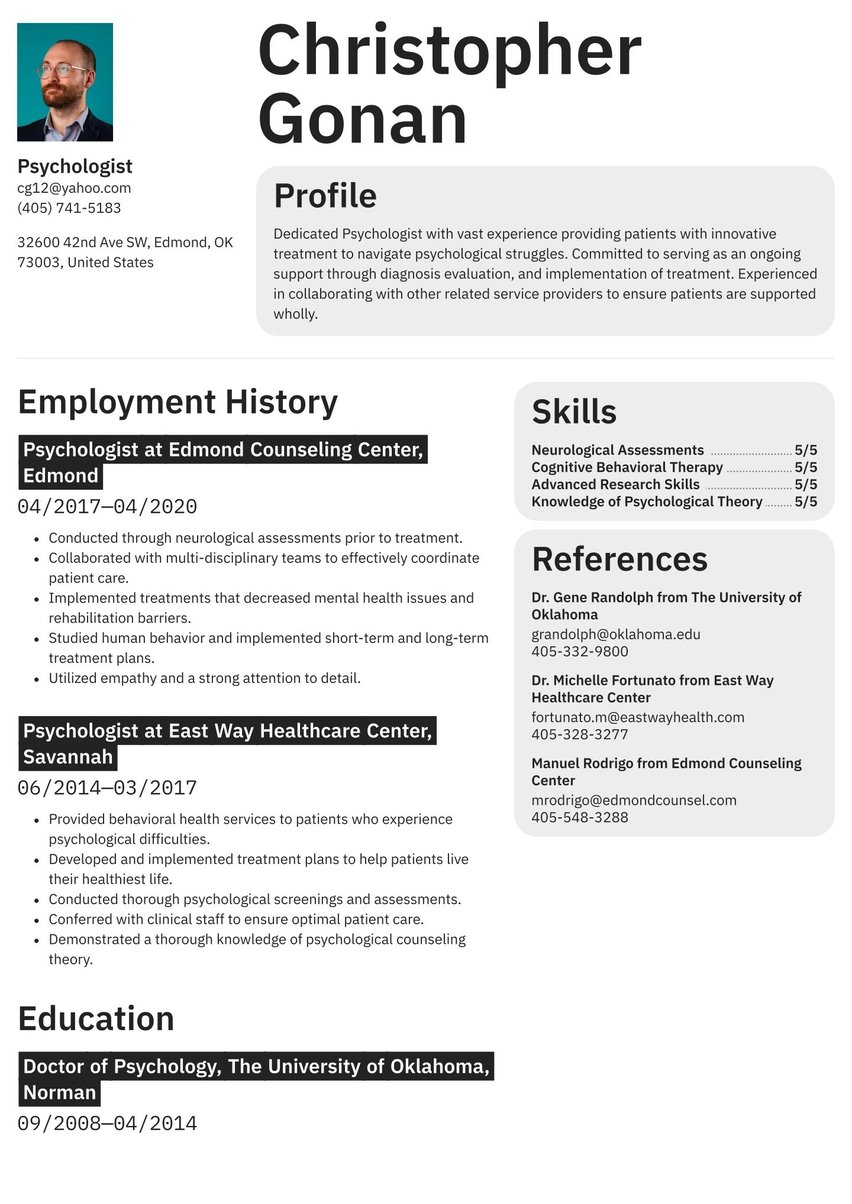Compassionate and dedicated school nurse with 3+ years of experience in providing comprehensive healthcare services to students in a K-12 setting. Skilled in assessing and treating various health conditions, administering medications, and maintaining accurate medical records. Committed to promoting a healthy school environment and collaborating with school staff, parents, and healthcare providers to ensure the well-being of all students.
08/2020 - present, School Nurse, Kennedy High School, Denver, CO
- Provide nursing care to students in grades 9-12, including assessments, treatments, and referrals
- Administer medications and monitor students with chronic health conditions
- Collaborate with school staff and parents to develop and implement individualized health plans
- Conduct health screenings and promote health education programs
07/2018 - 06/2020, School Nurse, Meadow Hills Elementary, Aurora, CO
- Provided nursing services to students in grades K-5, including first aid and illness management
- Maintained accurate medical records and documentation using electronic health record system
- Coordinated with local healthcare providers and agencies to ensure continuity of care
- Trained school staff on emergency procedures and medication administration
Graduated: May 2018
- Electronic Health Record Systems
- Treatment Protocols
- Communication and Interpersonal Skills
- Organizational and Time Management Skills
- present, Paediatric Nursing, Children's Hospital Colorado
- present, School Nurse Certification Program, Colorado Department of Education
- present, Emergency Nursing Pediatric Course, Emergency Nurses Association
- present, ,
School nurses serve as the frontline workers for student health. In this job, you might handle a little of everything, from administering medications and treating injuries to managing chronic conditions and developing healthcare education initiatives.
School Nurse resume examples by experience level
Your school nurse resume should provide details about your professional experience in schools or pediatric offices, your medical training, and your clinical skills. It should also convey your passion for providing supportive care to children, adolescents, and teens in a positive, professional way.
Resume guide for a school nurse resume
Find your next school nursing job with Resume.io. We have over 500 resume examples, including other nursing professions you can browse for inspiration. When you’re ready to apply, easily create your school nurse resume with our resume builder.
This resume guide and school nurse resume example will discuss:
- How to write a school nurse resume
- Choosing a nursing resume format
- What contact information to provide
- How to write a resume summary
- Listing your nursing experience
- Providing your education and certifications
- How to choose a resume design and layout
- Insights into the nursing job market and average salary
How to write a school nurse resume
Before you start writing your school nurse resume, know what information employers expect to see. Your resume should have the following:
- A resume header
- A resume summary, also known as a profile or personal statement
- A work experience section
- A skills section
- An education section
Schools need nurses who can provide care and support to students. A hiring manager wants to learn about your formal training and nursing experience, but they also want to get a sense of how you interact with students using your soft skills, such as empathy and communication.
A successful application begins with a well-crafted resume. Follow these tips to impress a school’s HR manager:
- Emphasize relevant experience. If you’ve previously worked in a school or a pediatrician’s office, focus on the skills you gained there. You can also mention other relevant experiences, such as community health education.
- Blend your clinical and caregiving skills. Caring for children is different than caring for adults. When discussing your nursing experience, show how you can use both medical and soft skills to provide compassionate, nurturing care to children or teens.
- Use a professional format. Schools want to hire trustworthy, credible nurses. Convey your professionalism with a polished school nurse resume template.
- Customize your resume for each job. Every school has different needs. Review the job description and tailor your resume to the role by adding keywords, such as similar duties you’ve had in other nursing jobs.
Make your resume ATS-friendly
Many schools and employers use applicant tracking system (ATS) software to review job applications. ATS software scans resumes for specific keywords, which you can usually find in the job description. The software ranks resumes based on keyword usage, so if yours doesn’t contain enough matches, it might get rejected automatically.
Fortunately, you can master the ATS by finding keywords and including them on your resume. Consider a job posting with these keywords:
- First aid/CPR certification
- Ability to create student health plans
- Knowledge of electronic health record systems
- Health education
- Pediatric nursing
If you’re applying for this job, here’s an example of how you can use those keywords in your professional summary:
Compassionate school nurse with over four years of experience working on a pediatric nursing unit. Proven ability to create health plans and provide health education to patients, including young children and their caregivers. First aid and CPR-certified with an extensive knowledge of electronic health records systems.
Choose the right format for a school nurse resume
While a hiring manager’s focus will be on your nursing skills and training, it’s easier for them to review your qualifications if you use the right resume format.
Most school nurses should use a reverse-chronological resume format. This format emphasizes your work experience by listing your past jobs. If you have recent relevant experience in pediatric nursing, it’s the best resume format for you.
If you’re a new nursing graduate looking for your first job, you may choose to use an alternative format. Other common types include the functional resume and hybrid format. With these formats, you can shift the focus to your other top attributes, such as your nursing degree or your experience in pediatric clinical rotations.
You can find the right resume format for you by using the resume templates we offer in our resume builder. We also show the three common resume formats in many of our resume examples.
Provide your contact information
The goal of your resume is to get a hiring manager to contact you. Make sure you’re providing the right contact information in your resume header.
Here’s what to include at the top of your resume:
- Full name and title. Provide your first and last name, followed by your nursing title.
- Professional email address. If you don’t have one, create a professional email address using your name or initials. For example, you can use [email protected] or [email protected].
- Phone number. Provide the number you use most often and make sure you set up a professional voicemail greeting.
- Location. Include your city and state. For safety reasons, you shouldn’t give out your street address or zip code.
- LinkedIn. Optionally, you can link to your LinkedIn profile if it’s up-to-date.
Don’t include:
- Your date of birth. This information may result in age discrimination, so leave it off your resume.
- Other personal information. This can include your marital status, Social Security number, and driver’s license number.
- A photo. For a school nurse position, you don’t need to include a photo of yourself on your resume.
Mark Adams, Pediatric Nurse
(194) 374-1749
Cincinnati, Ohio
LinkedIn.com/MarkAdams
Mark Adams, Healthcare Professional
(194) 374-1749
123 Hazelwood Lane, Cincinnati, Ohio 45201
Date of birth: 04/16/1982
Make use of a summary/profile section
When a student walks into your office, you greet them with a smile and a warm welcome. In the same way, a professional summary or profile sets the tone for your resume. It should make a hiring manager feel confident in your skills, experience, and training.
Introduce yourself to the hiring manager in two or three sentences. Focus on your best nursing qualities or the professional achievements you’ve had in your career. Your summary should highlight what makes you uniquely qualified to be a school nurse.
For example, were you the go-to nurse for comforting scared children in your last job? Do you have an in-depth knowledge of school health regulations or vaccination compliance? Did you proactively develop and implement a mental health program in your last school? These are all good qualities to mention in your resume summary.
If you need more summary ideas or inspiration, check out our related resumes:
- Nurse resume examples
- New graduate nursing resume example (entry-level)
- Travel nurse resume example
- Nurse practitioner resume example (senior-level)
Find adaptable school nurse resume objective and summary examples below
Dedicated and driven nursing graduate with foundational skills in pediatric care and emergency response. Passionate about promoting healthy lifestyles through educational programs for young children between ages 6 and 12. Licensed RN with a BSN and first aid certification.
Experienced school nurse with four years in an elementary school, providing exceptional care to young students. Skilled in managing various health issues affecting children, including chronic conditions like asthma, epilepsy, and food allergies. Proven ability to communicate with parents, caregivers, teachers, and other healthcare professionals to create student health plans and promote holistic care.
Accomplished, motivated, and compassionate school nurse with over 10 years of experience supporting healthcare initiatives in K-12 settings. Proven record of managing complex student health needs, including mental health support and chronic disease management. Developed, implemented, and led a school-wide initiative on nutrition and healthy living, resulting in a 14% decrease in obesity-related issues over one year.
Outline your school nurse work experience: chart your career vital signs
Present your work experience by beginning with your current or most recent nursing job and work backwards, showing your career progression. If you have other relevant experience, like working as a home health aide or a childcare provider, you can also list those jobs on your resume.
Limit your work experience to the past 10 to 15 years. Older positions can be presented in a separate section called “Additional Experience.”
For each job on your resume, write bullet points to describe your duties and achievements. Start your bullet points with strong verbs, such as “administered,” “educated,” “developed,” “implemented,” “monitored,” “documented,” or “coordinated.”
Describe the results of your work, not just your duties. While employers want to see school nurse responsibilities on a resume, they also want to know how you made a difference in your other positions.
Here are some examples of bullet points that only focus on duties:
- Administered first aid and treated injuries
- Performed health screenings and updated student records
- Developed student health plans in collaboration with parents and teachers
These bullet points may show you can handle nursing duties, but they provide little information beyond that. Instead, aim to show the outcomes you achieved in your other nursing jobs. It’s helpful to include measurable data or statistics to demonstrate your impact as a nurse.
Consider these reworked bullet points that focus on results, not just responsibilities:
- Improved student health and safety by effectively administering medications and treating injuries, reducing absenteeism by 10%
- Contributed to a 23% increase in positive student health outcomes through yearly screenings and comprehensive record management
- Created individualized health plans for students with chronic health conditions in collaboration with parents and teachers, leading to a 16% increase in effectiveness
Check out the school nurse work experience resume example below:
School Nurse at Kennedy High School, Denver, CO
August 2020 - Present
- Provide nursing care to students in grades 9-12, including assessments, treatments, and referrals
- Administer medications and monitor students with chronic health conditions
- Collaborate with school staff and parents to develop and implement individualized health plans
- Conduct health screenings and promote health education programs
School Nurse at Meadow Hills Elementary, Aurora, CO
July 2018 - June 2020
- Provided nursing services to students in grades K-5, including first aid and illness management
- Maintained accurate medical records and documentation using electronic health record system
- Coordinated with local healthcare providers and agencies to ensure continuity of care
- Trained school staff on emergency procedures and medication administration
Include your key skills relevant to being a school nurse
School nurses need both hard and soft skills to care for students, provide education, and communicate with parents, teachers, and administrators. Include a skills section highlighting your clinical abilities and interpersonal traits.
Some common hard skills for school nurses include medication administration, disease management, and electronic health records. Soft skills, such as communication and compassion, can help set you apart from other applicants.
Our resume builder allows you to choose nursing skills based on your experience and proficiencies. You can also add your unique skills to the resume.
Check out our skills box in the school nurse resume template.
- Electronic Health Record Systems
- Treatment Protocols
- Communication and Interpersonal Skills
- Organizational and Time Management Skills
While a skills section allows employers to review your abilities quickly, you should also highlight your skills in other places on your resume. Mention your skills in your summary and work experience sections. Describe how you’ve used them to perform job duties or achieve positive health outcomes.
Some good school nurse resume skills include:
- Communication skills. Explain how you use different communication styles to speak with children, teens, parents, teachers, and administrators.
- Compassion and empathy. Provide examples of times you’ve used compassion or empathy to connect with students or provide support.
- Health records management. Describe how you manage and update health records to stay compliant with health regulations.
Detail your education & relevant school nurse certifications
Your education section should describe your degree, your license, and the certifications you’ve earned to practice nursing. This information shows a hiring manager you meet the basic requirements for a nursing position.
Your nursing degree, such as a Bachelor of Science in nursing, should go before your certifications. After your formal education, highlight your other relevant credentials. These typically include:
- Licensure. Provide your nursing license, including the number and the issuing state.
- Training and certifications. Include your relevant certifications, such as first aid, CPR, and basic life support.
- Continuing education. If you’ve completed continuing education credits, you can mention them in this section.
List your education at the bottom of your resume, unless you’re a recent graduate with limited nursing experience. In this case, you can place your education ahead of your experience to show you have the right training for the role.
Bachelor of Science in Nursing, University of Colorado College of Nursing, Aurora, CO
- Graduated: May 2018
Choose the right resume layout & design for a school nurse resume
The right resume template keeps the focus on your clinical experience and medical skills, so a school district feels confident in hiring you for a nursing position.
For your resume template, use a modern design with clean lines and clearly defined sections. Use distinguishable formatting, such as bold or underlined text, for your section headers. A good resume format should guide a hiring manager quickly through your resume.
Choose a professional font and set standard margin sizes. Ideally, keep your resume to one page. You can adjust the font size or margins slightly, but make sure it’s readable.
If you have significant work experience as a school nurse, you can add a second page. Don’t go over two pages, however, since a hiring manager probably won’t read beyond that.
Need some help with formatting your resume? Use our ATS-optimized resume templates, which come preformatted with all the information you need to showcase your qualifications.
School nurse text-only resume example
Profile
Compassionate and dedicated school nurse with 3+ years of experience in providing comprehensive healthcare services to students in a K-12 setting. Skilled in assessing and treating various health conditions, administering medications, and maintaining accurate medical records. Committed to promoting a healthy school environment and collaborating with school staff, parents, and healthcare providers to ensure the well-being of all students.
Employment history
School Nurse at Kennedy High School, Denver, CO
August 2020 - Present
- Provide nursing care to students in grades 9-12, including assessments, treatments, and referrals
- Administer medications and monitor students with chronic health conditions
- Collaborate with school staff and parents to develop and implement individualized health plans
- Conduct health screenings and promote health education programs
School Nurse at Meadow Hills Elementary, Aurora, CO
July 2018 - June 2020
- Provided nursing services to students in grades K-5, including first aid and illness management
- Maintained accurate medical records and documentation using electronic health record system
- Coordinated with local healthcare providers and agencies to ensure continuity of care
- Trained school staff on emergency procedures and medication administration
Skills
- Electronic Health Record Systems
- Treatment Protocols
- Communication and Interpersonal Skills
- Organizational and Time Management Skills
Education
Bachelor of Science in Nursing, University of Colorado College of Nursing, Aurora, CO
- Graduated: May 2018
School nurse job market & outlook
If you’re planning to look for a school nursing job in the near future, you might be in luck. There’s an expected demand for registered nurses (RNs) over the next few years. Plus, many experts are advocating for more school nurses in response to a nationwide shortage.
- Employment of all RNs may grow 6 percent by 2032, according to the U.S. Bureau of Labor Statistics.
- By that time, the BLS expects 3,349,900 RNs to be in the workforce.
- About 193,100 new jobs will be available for RNs each year over the next deca
What type of salary you can expect as a school nurse
School nurses usually receive an annual salary. The national average salary for an in-school nurse is $56,200 per year. The highest-paid school nurses report earning as much as $84,284 annually, so your salary may vary, especially if you have more work experience.
Key takeaways for building a school nurse resume
School nurses have a responsibility to provide supportive, compassionate care, and your resume should convince an employer that you meet this standard. You can improve your chances of getting an interview by creating a professional resume outlining your work experience, clinical skills, and nursing education. With the right resume, you can expect to land a job in this in-demand field.
With over a dozen advanced tools, you can search for school nursing jobs, track your progress, prepare for interviews, and negotiate your salary with confidence. It’s a complete toolkit for your nursing career.


.jpg)

.jpg)
